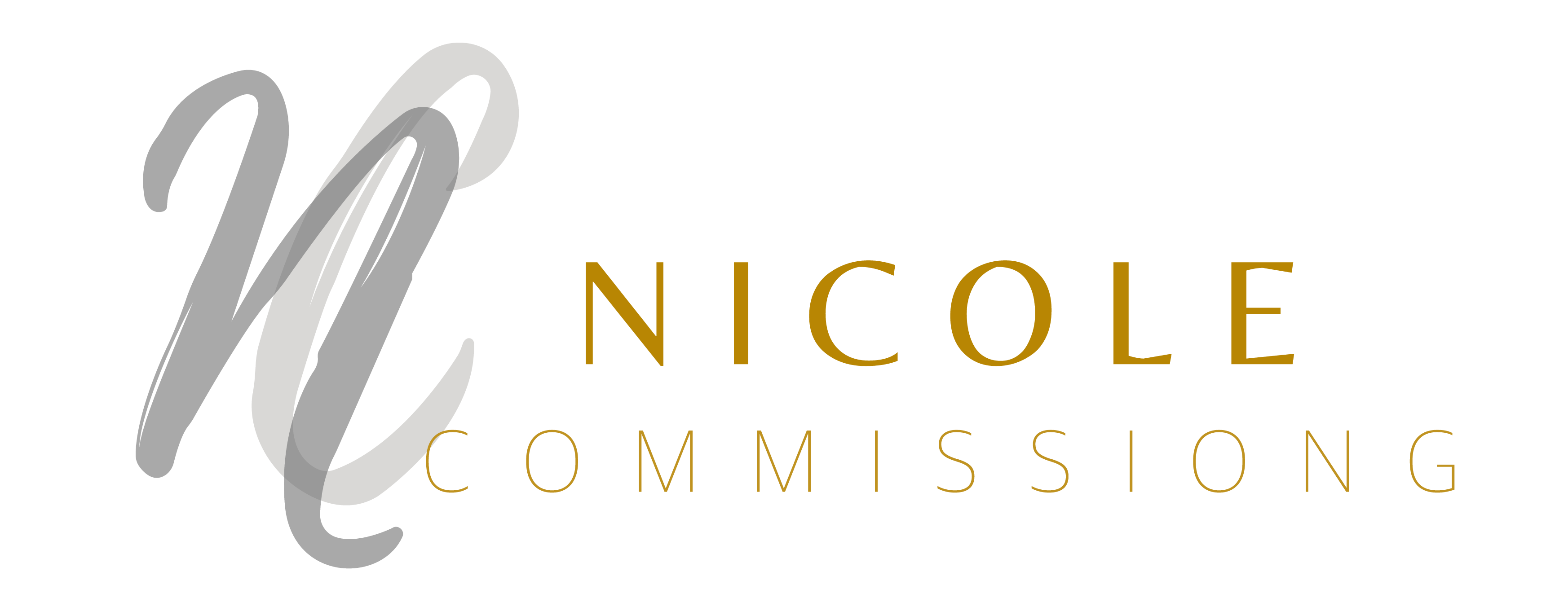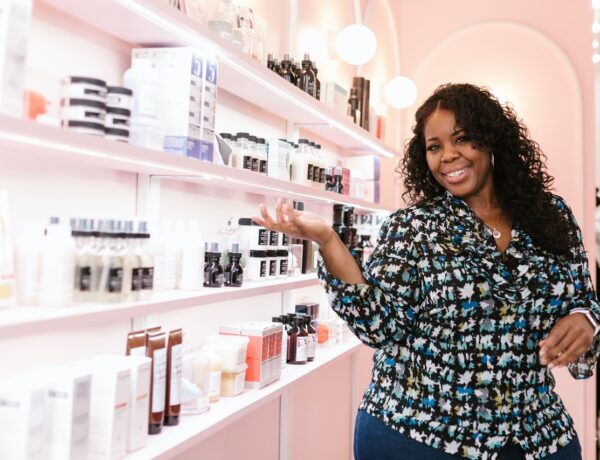
As the co-founder of a Black-Woman-owned firm, I am staunchly aware of the challenges that underrepresented groups face when trying to start, scale and grow their businesses.
And no industry is immune to the challenges Black Business owners face, not even the music industry. This month is Black Music Month and Caribbean Heritage Month. I want to shine light on the amazing opportunities that have become available via technology.
Three passions of mine merge: small business support, Black Music and Tech.
The path.
The significant changes that the music industry has undergone over the years have led to positive outcomes for Black music artists, including artists from the Caribbean or with Caribbean heritage.
From shifts in licensing and rights to a broader cultural awakening, these changes have provided opportunities for Black artists to thrive, express their creativity, and reclaim their narrative.
Let’s discuss the developments that have created a more inclusive and equitable music industry, allowing Black music artists to flourish like never before.
1. Representation and Visibility:
One of the most significant changes has been increased emphasis on representation and visibility.
Thanks to streaming platforms, social media, and the democratization of music distribution, Black recording artists have been able to reach wider audiences without the traditional gatekeepers.
I love that they have also been able to share their unique perspectives, stories, and musical styles with a global audience, resonating with listeners and bridging cultural gaps.
This increased visibility has given rise to a diverse range of Black artists gaining recognition and commercial success in various genres, including R&B, hip-hop, jazz, and afrobeat.
2. Creative Control and Artistic Freedom:
Historically, Black music artists often faced challenges regarding creative control and ownership of their work.
However, fortunately, this new generation of performers have more flexibility from independent distribution platforms and direct-to-consumer models.
Finally, artists are more able to retain ownership rights, negotiate favorable contracts, and maintain creative autonomy.
Because of this newfound freedom, artists have been free to explore diverse musical genres, blend styles, and experiment more. We have seen groundbreaking albums emerge as a result of this freedom and innovation.
They challenge norms and push artistic boundaries!
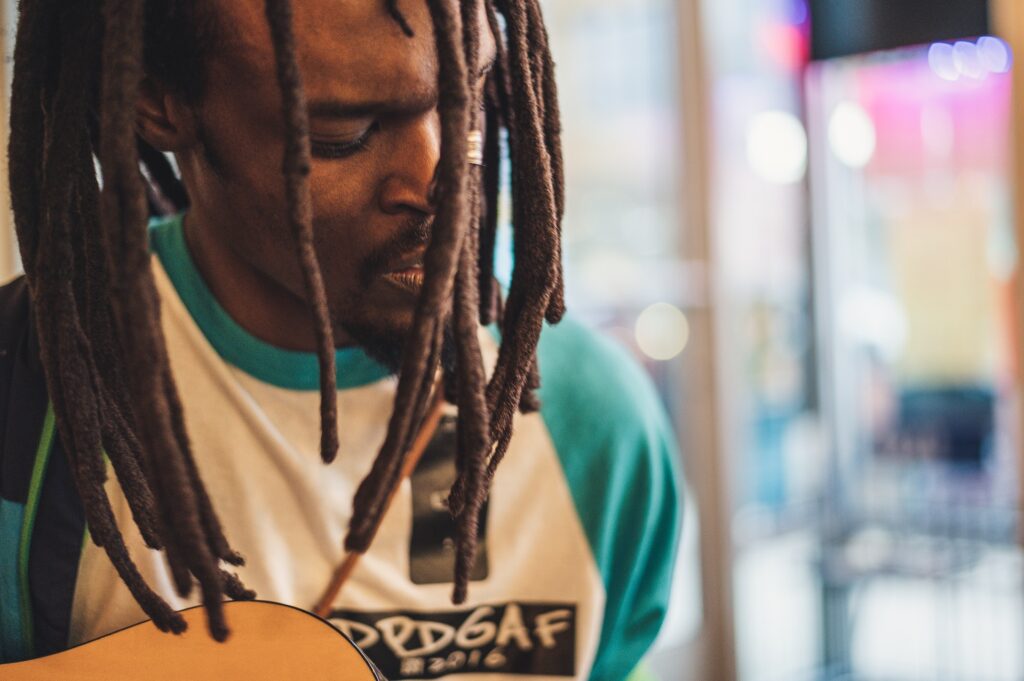
3. Streaming Services and Global Reach:
The rise of streaming services has revolutionized the way music is consumed, and this shift has been instrumental in leveling the playing field for black music artists.
Unlike the traditional radio and record label-dominated model, streaming platforms allow artists to bypass traditional gatekeepers, and to share their music directly with fans.
Consequently, Black artists, have been able to tap into a global audience that appreciates and celebrates their artistry.
The Nipsey Hussle, Frank Ocean and Chance the Rapper are among the roster of artitsts that have achieved international acclaim through streaming platforms, exemplifying the transformative power of this new era.
Even musical artists from my heritage, the Caribbean, have benefited from these successes of streaming platforms and digital connectivity.
Platforms like Spotify, Apple Music, and YouTube have made it easier for artists to share their music with a global audience. Listeners from all corners of the world can now access and discover soca music effortlessly, contributing to its rising popularity.
Furthermore, social media platforms have been instrumental in promoting soca music and creating a sense of community among fans.
Artists can connect directly with their audience, sharing behind-the-scenes content, live performances, and updates, creating a more personal and engaging experience. This direct interaction has fostered a devoted following and helped soca music gain traction in mainstream circles.
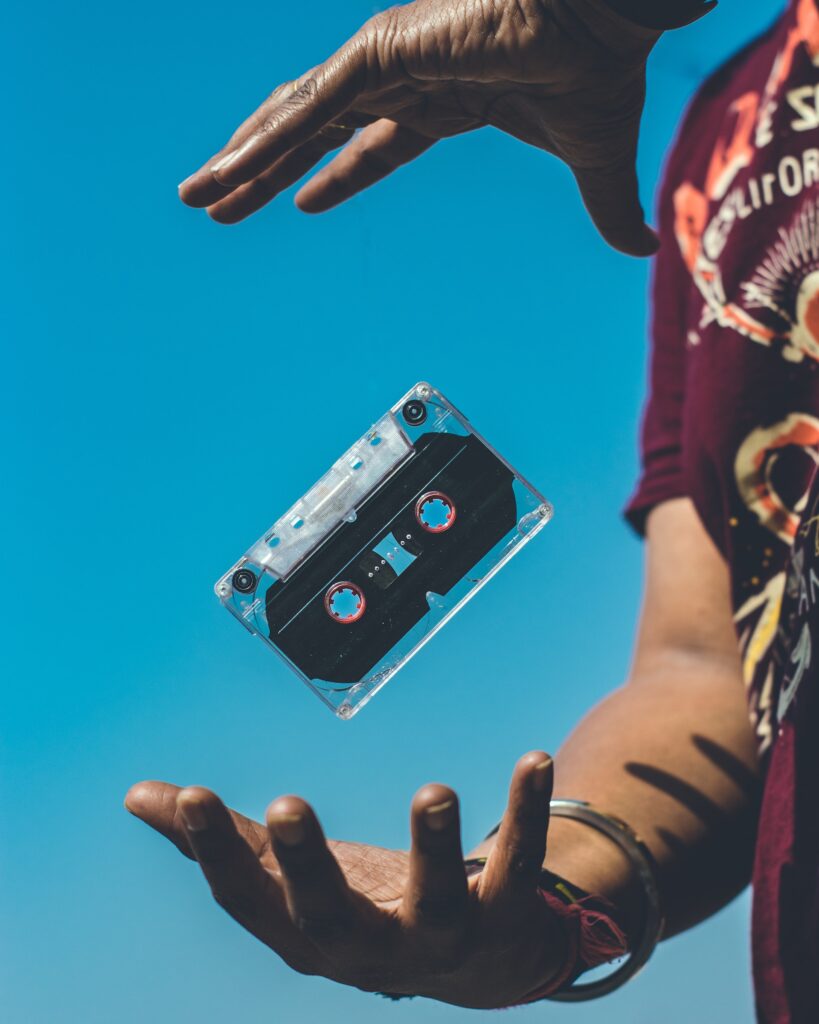
Influence on Pop Culture
About Soca and Caribbean music, its influence on popular culture cannot be ignored.
From Tik Tok dance crazes to fashion trends, the vibrant and exuberant spirit of soca has permeated various aspects of mainstream culture.
Songs like “Hot Gal Today” by Mr. Vegas, “Temperature” by Sean Paul, and “Dollar Wine” by Collie Buddz have become global hits, and their catchy hooks and infectious rhythms have captivated audiences worldwide.
Crossover Collaborations
One of the key factors behind soca’s surge in popularity is the increasing number of crossover collaborations between Caribbean artists and mainstream international stars. This trend introduced soca to new audiences and expanded its reach beyond the Caribbean diaspora.
Major artists like Beyoncé, Major Lazer, and Rihanna have all incorporated soca and Caribbean influences into their music, exposing millions of listeners to the genre’s infectious rhythms and melodies.
4. Advocacy and Social Justice:
Let’s not forget the impact of George Floyd!
In recent years, the music industry has become an important platform for advocacy and social justice.
Black music artists have used their platform to address systemic racism, inequality, and other social issues. This has resulted in a powerful alliance between music, activism, and community building. Artists are increasingly leveraging their influence to champion causes, create awareness, and drive positive change.
The impact of movements such as Black Lives Matter has been amplified through music, fostering a sense of solidarity and inspiring collective action.
5. Cultural Appreciation and Collaboration:
The changing landscape of the music industry has facilitated greater cultural appreciation and collaboration. This allows black music artists to infuse their heritage and traditions into mainstream music.
Genres like Afrobeat, reggae, and dancehall have gained popularity globally, showcasing the rich tapestry of Black music.
Additionally, collaborations between black artists and artists from other backgrounds have led to the fusion of diverse musical styles, resulting in groundbreaking and commercially successful projects.
RELATED: How Businesses Can Incorporate Black History Month at Work
These collaborations not only celebrate diversity but also challenge stereotypes, break down barriers, and foster cultural exchange.
The changes in the music industry, licensure, and rights have undoubtedly been transformative for black music artists. The increased representation, creative control, global reach, advocacy, and cultural appreciation have created a more inclusive and equitable environment for black artists to shine. As the industry continues to evolve, it is essential to sustain and further enhance these positive changes.
I’m here for it!
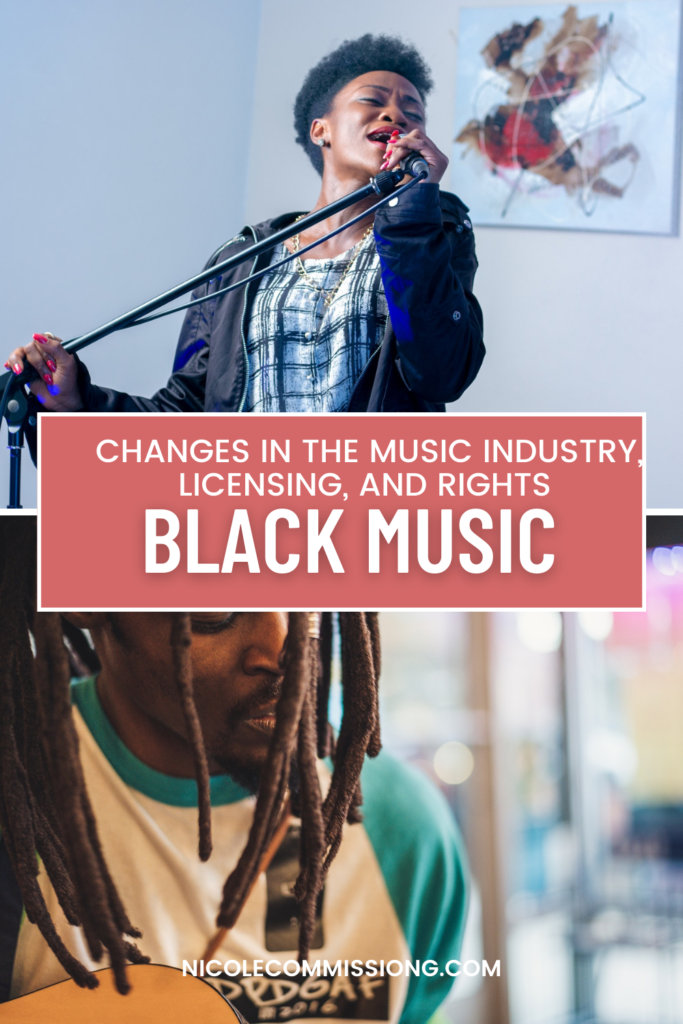
xoxo
